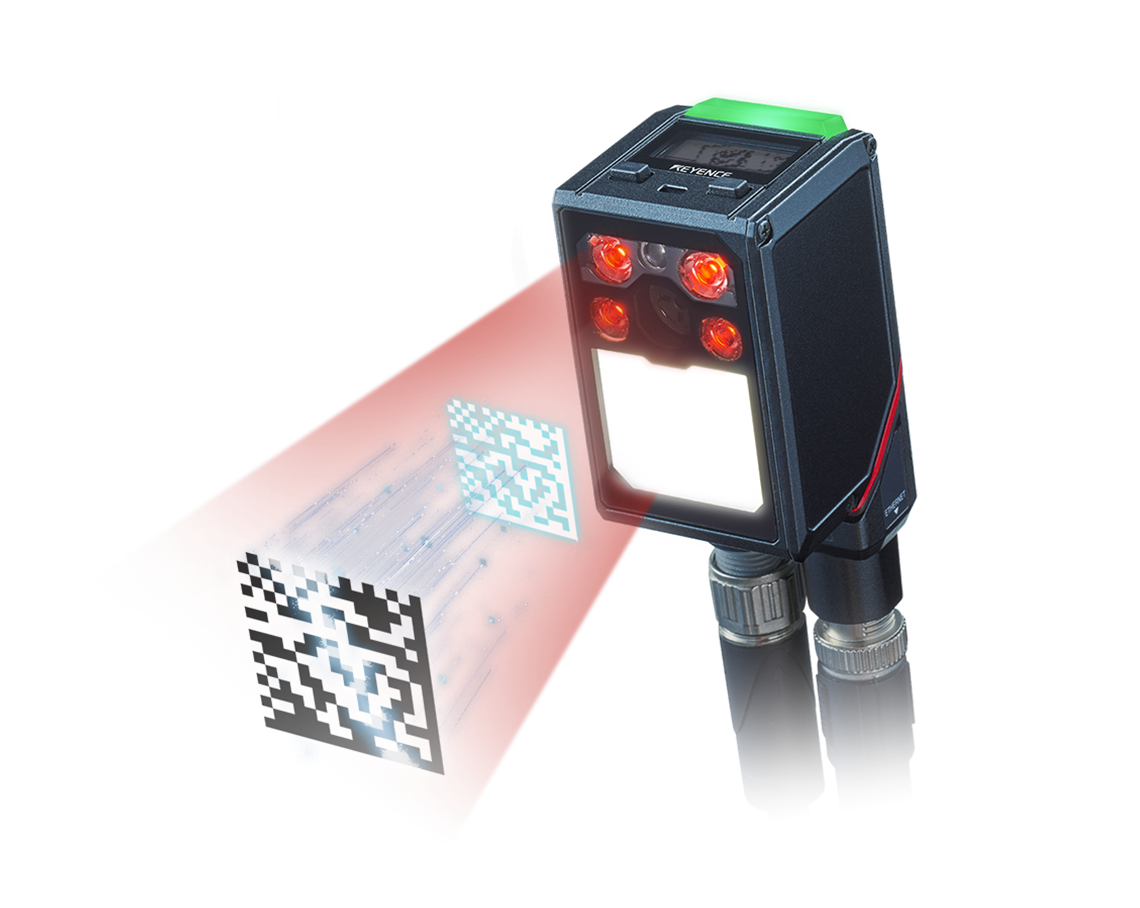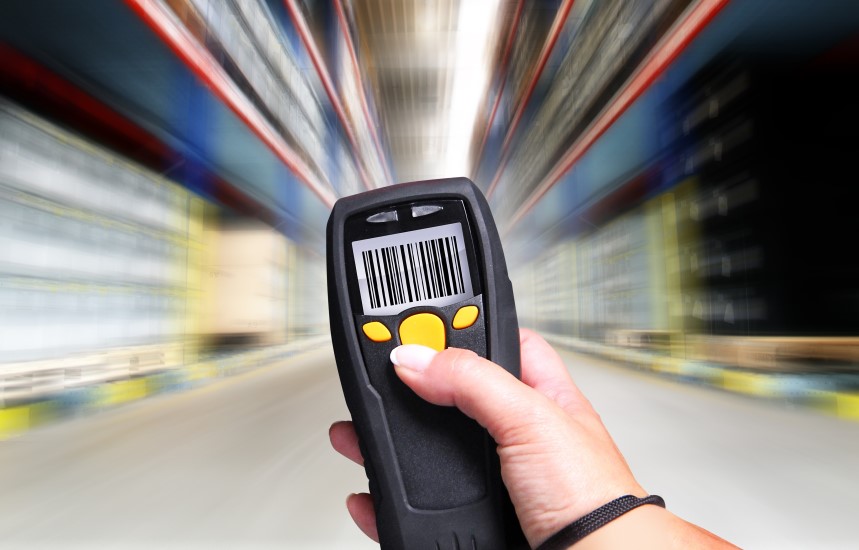Selecting the Right Barcode Scanner for Your Organization Needs
Choosing the ideal barcode scanner for your business calls for a nuanced understanding of your particular functional needs and environmental problems. Aspects such as scanner type, rate, and compatibility with existing systems play a pivotal function in establishing the appropriate choice.
Comprehending Barcode Scanner Types
When it involves choosing a barcode scanner, understanding the various types readily available is critical for conference details organization demands. Barcode scanners can be classified into a number of types, each created for various applications and atmospheres.
Handheld scanners are one of the most common, providing mobility and ease of usage, making them suitable for retail and supply administration. They usually connect using USB or Bluetooth, supplying versatility in operation. Fixed-mount scanners, on the various other hand, are developed for high-volume scanning applications, often located in setting up lines or checkout counters. These scanners are placed in a stationary position, enabling for rapid scanning of numerous products in succession.
An additional type is the mobile computer, which incorporates scanning capacities with calculating power. These tools are suitable for area operations or storage facility management, enabling information collection and real-time supply tracking. Additionally, there are commercial scanners that are constructed to withstand extreme settings, such as severe temperatures or direct exposure to dirt and dampness.

Trick Features to Take Into Consideration
What crucial functions should companies focus on when choosing a barcode scanner? Scanning rate is critical, as faster scanners enhance functional effectiveness, especially in high-volume atmospheres. The scanner's capability to check out numerous barcode layouts is additionally essential; guarantee it sustains prominent types like QR codes, UPC, and Code 128 to accommodate varied supply things.
Durability is an additional key function, especially for businesses in sturdy setups. Try to find versions that are developed to endure declines, dust, and dampness. Furthermore, take into consideration the connection alternatives offered; whether you like USB, Bluetooth, or Wi-Fi, the best connectivity can boost combination with existing systems.

Evaluating Your Organization Atmosphere
To effectively select a barcode scanner, companies should analyze their particular functional environment. This evaluation consists of evaluating the physical format of the workspace, the nature of the products being checked, and the common conditions under which scanning takes place. For go to my blog example, a retail environment may require portable scanners that can promptly refine purchases at the check out, while a storehouse setup might gain from ruggedized scanners created to sustain harsher conditions.
Additionally, think about the quantity of scanning called for. High-throughput settings might require sophisticated scanning modern technologies, such as fixed-position scanners or mobile devices that can operate efficiently in hectic scenarios. The combination capacities with existing inventory administration systems additionally play a crucial duty; ensure the selected scanner can effortlessly connect with software program systems in usage.
A scanner that fulfills present demands may not be adequate as business expands. By thoroughly assessing these elements, businesses can choose a barcode scanner that not just fulfills immediate needs but also sustains long-lasting operational performance and versatility. barcodes scanners.
Budgeting for Your Scanner
Having actually assessed the operational environment and identified the specific requirements for a barcode scanner, the next step involves mindful budgeting to make certain a smart financial investment. Establishing a spending plan starts with figuring out the overall costs related to the scanner, including click here to find out more preliminary acquisition price, functional costs, and potential upkeep fees.
When choosing a barcode scanner, consider the array of available alternatives, from handheld gadgets to fixed-position scanners, as rates can vary significantly. It is necessary to balance expense with capability; going with a much more affordable design might bring about enhanced functional inadequacies if it does not meet your service demands.
Along with the equipment, consider expenses associated with software, training, and prospective upgrades. While it could be alluring to minimize in advance expenditure, purchasing a top quality scanner that aligns with your operational demands can yield long-lasting cost savings through improved performance and lowered downtime.
Lastly, take into consideration the overall expense of possession, which includes the scanner's life-span and possible resale worth. By diligently intending your spending plan, you can ensure that your investment in a barcode scanner will enhance your operational productivity and financial performance.
Integration With Existing Solution
Integrating a barcode scanner with your existing systems is critical for optimizing its performance and guaranteeing smooth operations. barcodes scanners. A well-integrated scanner improves process effectiveness, reduces mistakes, and accelerates data processing. When selecting a barcode scanner, take into consideration compatibility with your present software application and equipment framework, including your supply monitoring systems, point-of-sale (POS) systems, and business source preparation (ERP) options
Examine whether the scanner makes use of basic procedures such as USB, Bluetooth, or Wi-Fi, which can assist in easy integration. Additionally, analyze whether the scanner's software application supplies APIs or SDKs that enable customization and combination with exclusive systems. This is particularly useful reference important for services with unique operational requirements.
As your organization grows, your systems ought to be able to fit added scanners and handle increased data volumes without considerable reconfiguration. Inevitably, spending in a barcode scanner that seamlessly integrates with your existing systems will produce lasting benefits, improving precision, performance, and general productivity within your operations.

Verdict
In conclusion, selecting an ideal barcode scanner demands an extensive analysis of different factors, including scanner types, vital functions, and the particular company setting. The ideal barcode scanner offers as a vital tool in enhancing procedures and assisting in efficient supply administration.